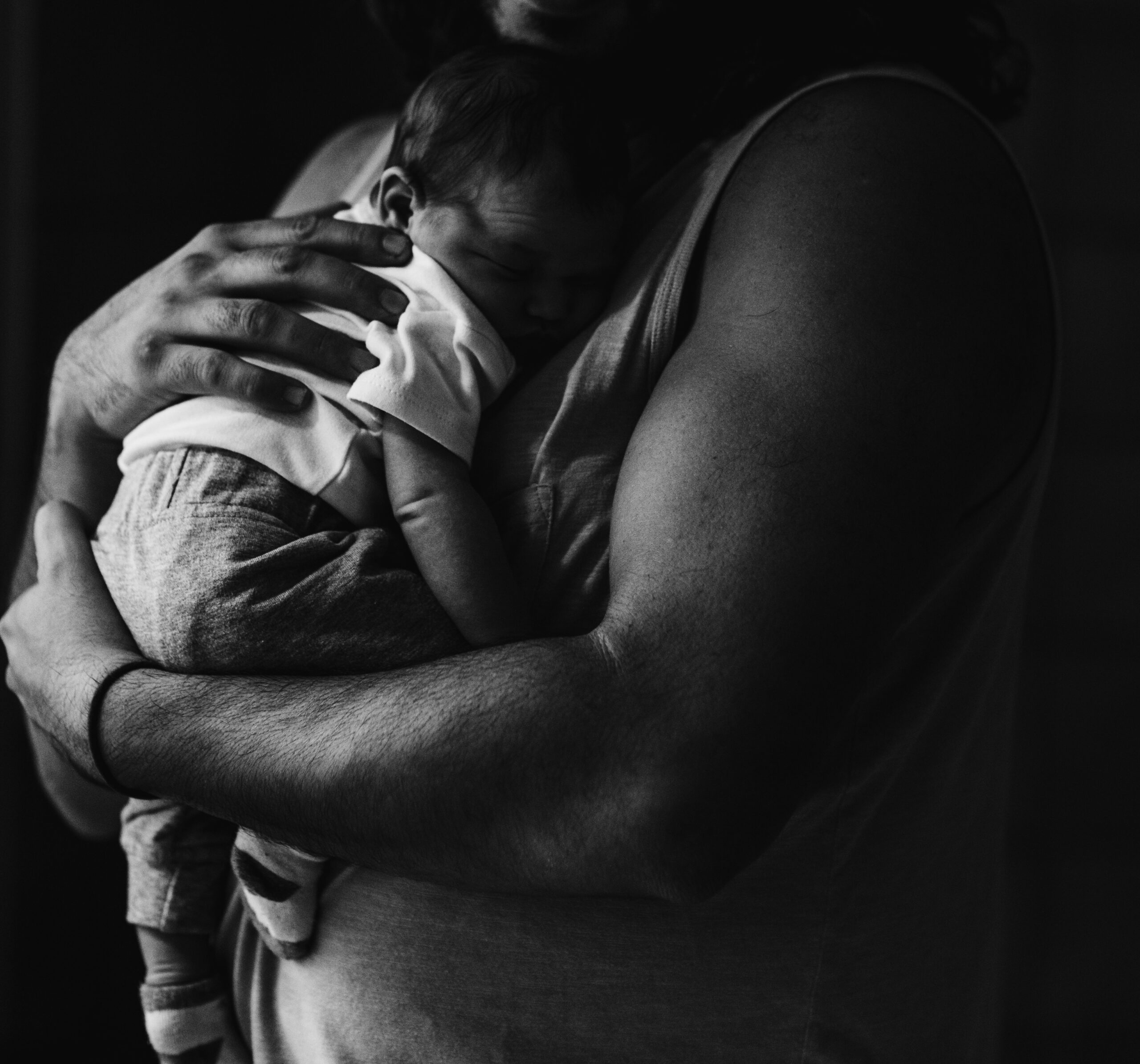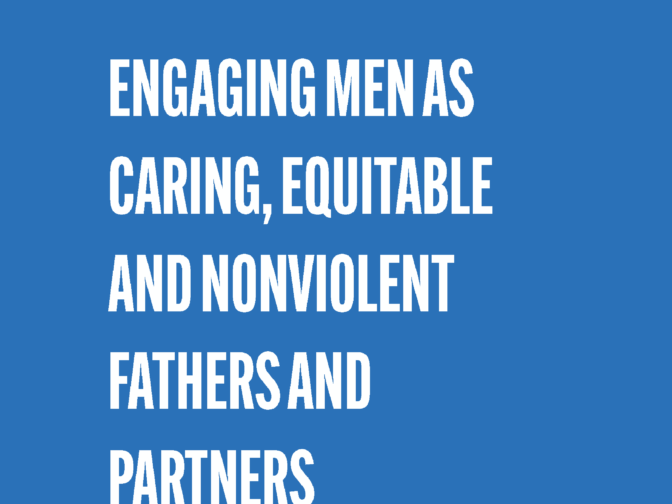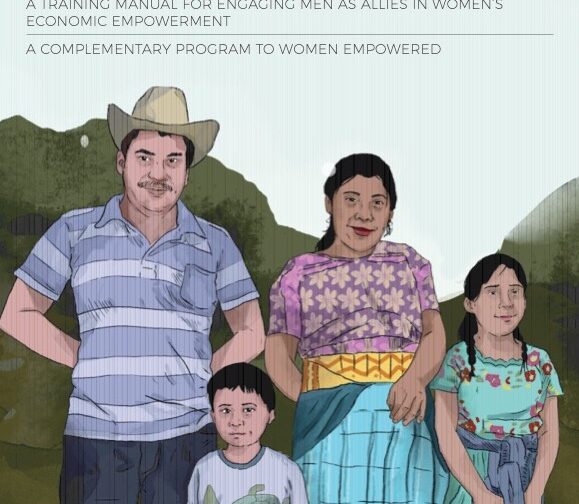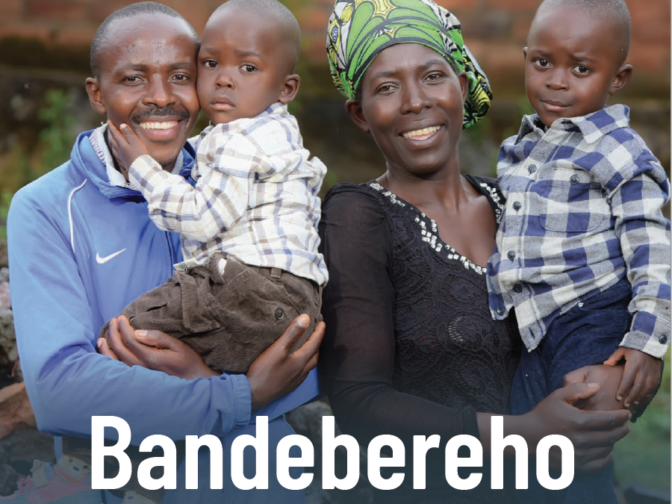Program P offers practical tips and activities to help men become more involved, caring, and fair fathers, starting from when their partners are pregnant until their children are young. These ideas come from years of research and experience in different places.
Talking with men about being fathers is a good way to start conversations about old ideas about what it means to be a man and how those ideas hurt communities. Program P uses tools like talking guides, acting out scenes, and hands-on activities like learning how to change diapers to help men and their partners talk about and change old-fashioned ideas about being a man and unfair ideas about gender. The goal is to make families and communities better places for everyone.
What do Program P participants – fathers and their partners – say about their experience with the program? Below, we’ve compiled a few quotes from participants in Program P adaptations in Lebanon and Bolivia.
“There’s nowhere I can get advice on how to educate our children. I believed that this program could give us some guidelines, an orientation, how we can have a better home, a better dialogue, understanding and guiding our children in the best possible way.” – 48-year-old male participant
“My husband is now apologizing for the things that he did without feeling that he is losing his masculinity. He is taking my opinion in everything, and I am sharing with him all the responsibilities in the household. He used to think that violence can be justified when I was not doing my duties properly, but this changed since he took part in the program.” 31-year-old female participant
“Communicating and respecting my wife and my children means that I am a good man.” -33-year-old male participant
“In this aspect this course helped me a lot, before, I was only focused on work, so the course helped me to see more broadly, when you need to collaborate in the household with your partner and children.” – 37-year-old male participant
“He doesn’t yell… first he talks, you mustn’t directly yell at them, if you tell them off, they cry, their little hearts then store resentment… he’s changed in that way, he doesn’t do that anymore, he talks to them… he treats the kids calmly.” 33-year-old female participant
For a deeper understanding of participant perspectives and impacts of the program, you can access the learning briefs here.



